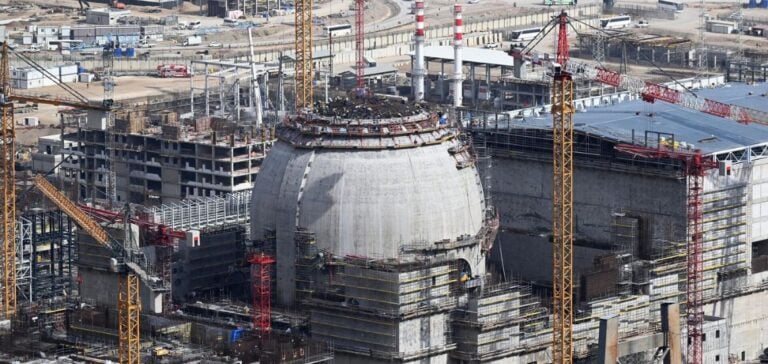The statement by Natalya Nikipelova, President of TVEL (a Rosatom subsidiary), underlines the close collaboration between Russia and Turkey in the development of Akkuyu, Turkey’s first nuclear project. The plant is located in the province of Mersin, in southern Turkey. This partnership is part of bilateral efforts to strengthen energy security and support decarbonization objectives. A major gas hub project in Turkey had already been launched at the end of 2023 between the two countries.
An innovative operating model
The Akkuyu project introduces the BOO (build-own-operate) model to Turkey, a first for the country’s nuclear sector. Rosatom, as builder, owner and operator, provides comprehensive project management. This approach guarantees not only efficient project implementation, but also optimal long-term maintenance and operation. The choice of this model reflects mutual trust and a willingness to share expertise and the associated risks.
Project milestones and objectives
The intergovernmental agreement between Russia and Turkey defines precise deadlines for the commissioning of the reactors, underlining the importance of adhering to an ambitious timetable to meet Turkey’s growing energy needs. The start of construction in 2018 and the arrival of nuclear fuel in 2023 are major milestones, anticipating the start-up of the first reactor in 2024. Once completed, the Akkuyu power plant will play a crucial role in Turkey’s energy mix, supplying around 10% of the country’s electricity.
Rosatom is committed to developing a financial strategy for the decommissioning of the Akkuyu plant and waste management, illustrating long-term planning. The project is also a pillar of Turkey’s energy security, helping to reduce its dependence on energy imports and move towards a low-carbon economy. The success of Akkuyu could serve as a model for other nuclear projects in the region, strengthening Turkey’s position as a regional energy leader.






















